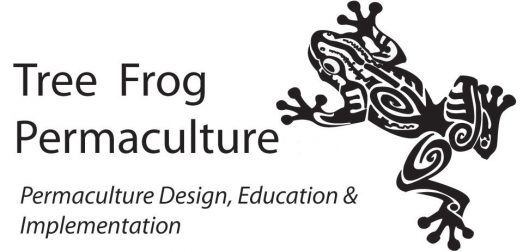Following are impacts I can expect to see on myself, my business and the local community if the 4th Coal terminal project goes ahead:
An additional 41 coal trains per day through Newcastle and Maitland will increase dust related health problems like asthma and other respiratory ailments as well as the increase in the accumulation of heavy metals such as Lead and Mercury in the local soils. These soil contaminants make it more difficult to use yards, parks and other urban spaces for local food growth. A waste considering most housing and development occur on some of the most arable soils (ie. The flat lands). Local food production is important in food security, augmenting the farm-grown supply of food and reducing transport energy costs.
Prime agricultural land and fresh water supplies need to have priority over the accelerated expansion of coal exports if we are to accommodate a secure food supply for both our own and future generations. The 4th Coal Terminal would facilitate many more large coal mines (the equivalent of at least 15 ‘mega-pits’) in the Hunter and Liverpool Plains destroying much of this aforementioned prime agricultural land.
The dramatically increased coal exports will then go on to provide at least another 15 coal-fired power plants around the world, continuing to fuel climate change emitting an additional 288 million tonnes of carbon pollution each year. As a first world country we have a responsibility to set a good example and start investing in alternative energy sources, namely the plethora of renewable energy sources we know can be improved and implemented.
Kooragang Island, the proposed site of the 4th coal-loader, provides critical habitat for a number of Nationally threatened species including the Green and Golden Bell Frog and Australasian Bittern. Four species of migratory shorebirds listed under international conservation conventions use habitat owned by the National Parks service at the site which would be lost. In addition, a significant area of the only freshwater refuge in the Hunter estuary, ‘Deep Pond’ is proposed to be developed. This pond’s unique qualities and proximity to the Ramsar Wetlands means it provides irreplaceable habitat for at least 11 species of migratory bird recognised by international treaties.
Because Kooragang Island was the former site of the BHP steelworks, this proposal also presents the risk of mobilising toxic contaminants which are currently bound up in sediment and soils throughout the Kooragang ponds and southern arm of the Hunter River. This contaminant mobilisation could negatively effect the whole estuary ecosystem including a rise in the bioaccumulation of heavy metals in local fish stocks. Too little is known about the true risks to ensure Newcastle communities will be protected from toxic seepage and related accidents. There is no plan as yet to fully remediate the site so as to prevent such events. Lets play it on the safe side!
The 4th coal loader proposal’s Environmental Impact Assessment fails to meet the State and Federal requirements and after construction will provide no additional employment. In fact, the likelihood is that it will result in the loss of other economic activities in the port like tourism, fishing and other shipping.
